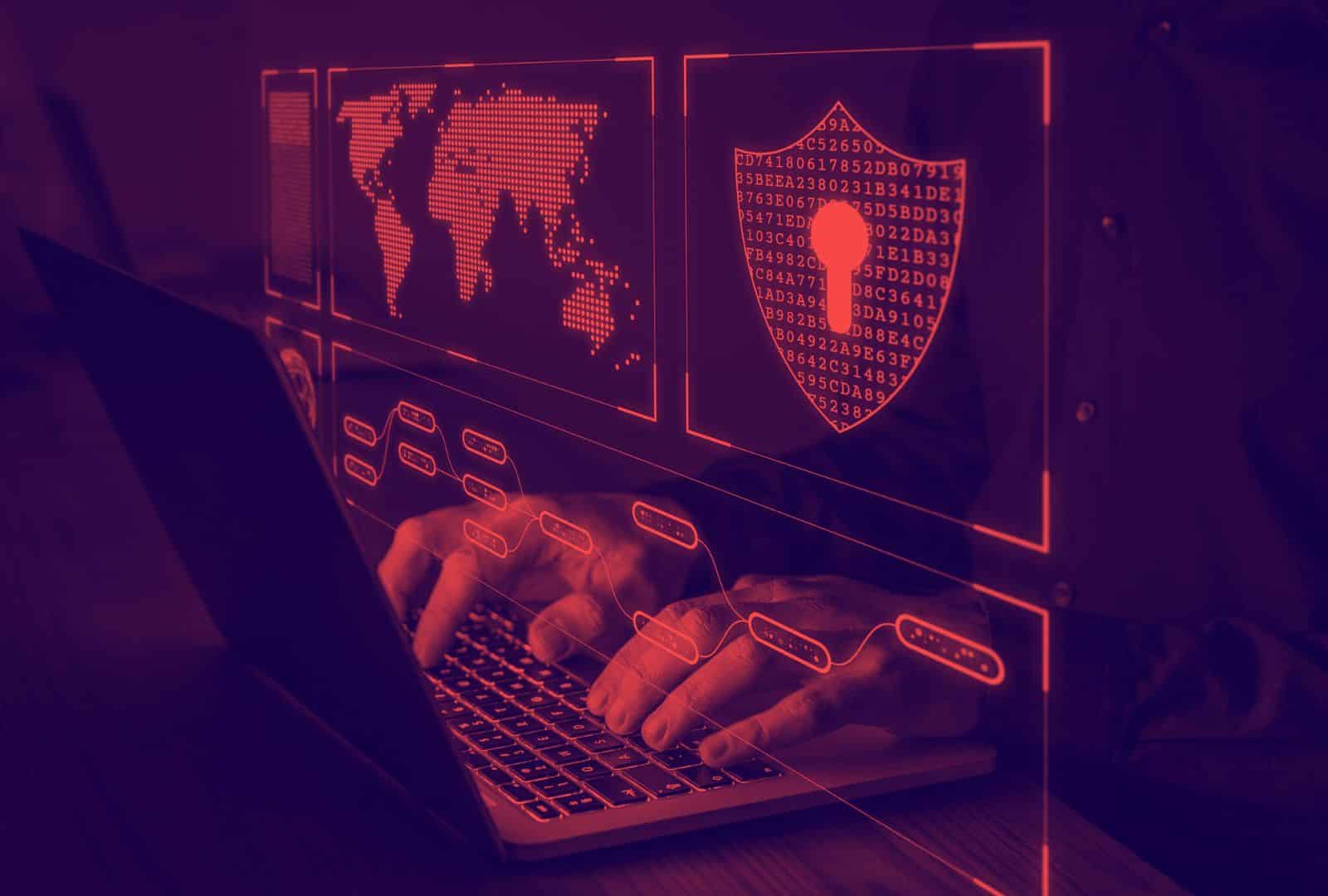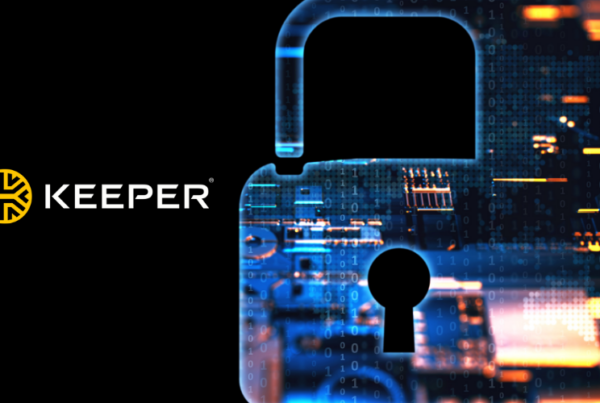With businesses relying on technology and the internet for smooth running, you might be wondering how to strengthen your businesses with cybersecurity. The good news is that there are some simple steps that you can take to implement your own measures to enhance your cybersecurity. This guide will give you some easy tips to follow.
What Is Cybersecurity?
Cybersecurity can be described in many different ways, however, the general overview is that it prevents sensitive data from being accessed by unwanted users, such as hackers or criminals, by safeguarding it through a range of different methods.
The most popular and strongest security precaution a business can take is hiring a cybersecurity specialist who will ensure the computer system and networks are well-protected by analysing the company’s vulnerabilities and ensuring they are improved, alongside offering constant reviewing of the systems in place.
Why Is Cybersecurity Important?
Small and medium-sized businesses (SMEs) are often prone to cybersecurity attacks because they are known to have weaker security safeguards in use. Some of the benefits of enhancing your company’s cybersecurity are:
- Data Protection: To minimise the risk of data or identity theft, ensuring a strong front against the misuse of your data.
- Improved Client Trust: People want to know that their data is secure and if it is compromised, your business’s reputation will decrease.
Minimises the Likelihood of Financial Loss: The financial repercussions of a data breach can be significant for some businesses, with the average cost of a data breach in the UK rising to £3.93 billion.
Where Can I Get Business Cybersecurity?
Now that you know the benefits of improving your business’s cybersecurity, you can begin to understand some of the practices that you can implement immediately. There is no need to be an IT specialist to start the process of advancing your cybersecurity and below is a comprehensive guide to get you started:
- Staff Training: According to the 2020 Cyber Security Skills in The UK Labour Market report, only 11% of UK organisations offered cyber training to non-cyber employees. Although it might not seem relevant, it’s fairly common practice that businesses lose data due to staff errors, which results in staff downtime while they wait for the issue to be resolved. Some top things to cover should be:
- Reviewing safe email practices and how to detect scams or ‘phishing’ emails.
- Ensure staff are aware of how to browse the internet safely
- Keeping away from online downloads
- Secure password and multi-factor authentication use
- Safe data storage, especially sensitive information
- Ensure Your Networks Are Secure: With remote working so popular, it leaves businesses in a more vulnerable situation and at a higher risk of encountering a data breach- through the use of unsecured networks. One way to tackle this is to ensure they use a Virtual Private Network (VPN), which means that they can connect to the workplace’s WIFI network. You should also encrypt information and use a Firewall.
- Keep Tablets and Smartphones Secure: The UK’s National Cyber Security Center has a whole manual on how small businesses can protect themselves from online attacks, and this one states that you should not only implement strong passwords but make sure that a device which stores sensitive information can be wiped if stolen or lost.
- Backup Sensitive Data: Ensuring that sensitive data, such as spreadsheets, databases, financial files and accounting documents are backed up into the Cloud means that if any data loss occurs, you will have peace of mind knowing they’ve been saved. Refer to the next point if your business uses the cloud.
- Using The Cloud: Be sure your business uses encryption to add extra security measures in the cloud- this means that your data will be transformed into code, making it more difficult for it to be accessed and read. It’s important to not disclose passwords in the cloud and it’s always a good idea to frequently run tests to see where you might need improvement- you can hire a hacker to do this for you!
However, to ensure maximum protection, hiring a business cybersecurity specialist is the best way forward. While taking the above steps will undoubtedly take your business in the right direction, outsourcing an IT support company who specialises in this area will guarantee your busiess is completely protected.







